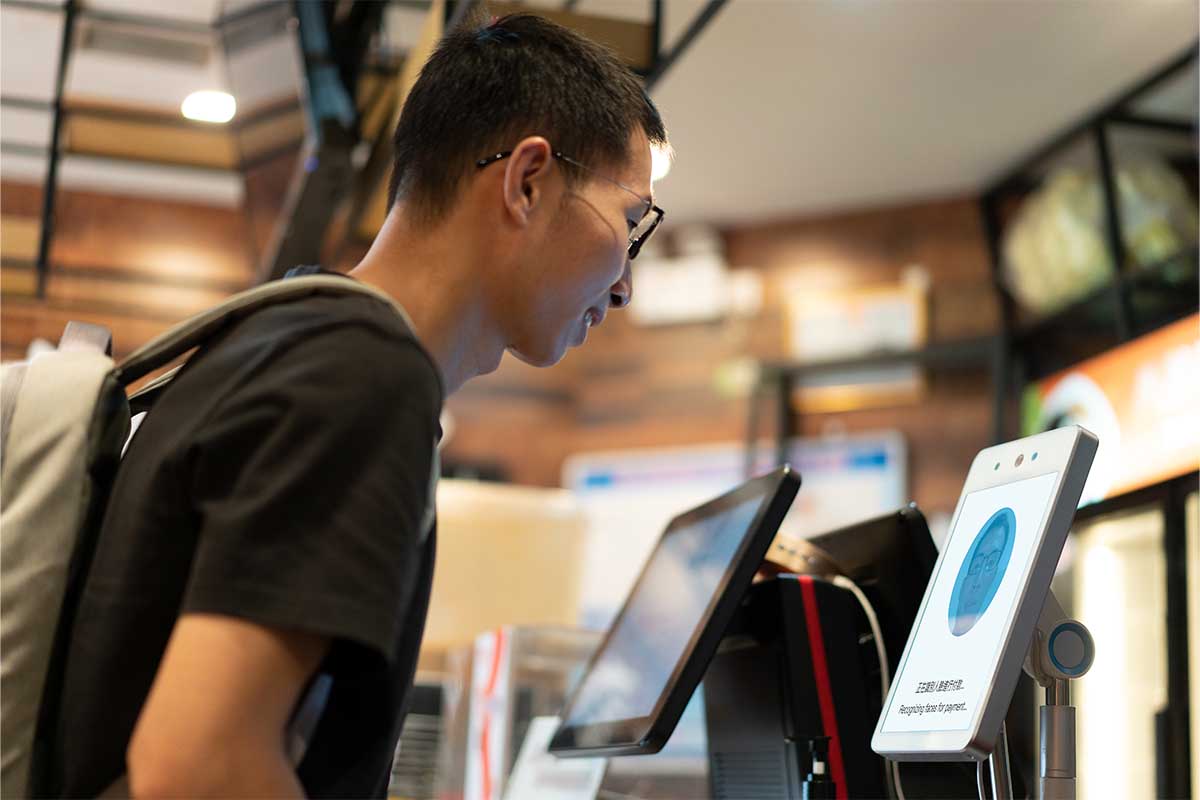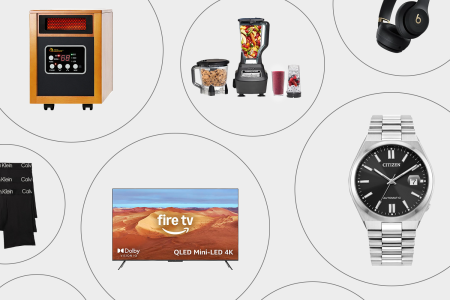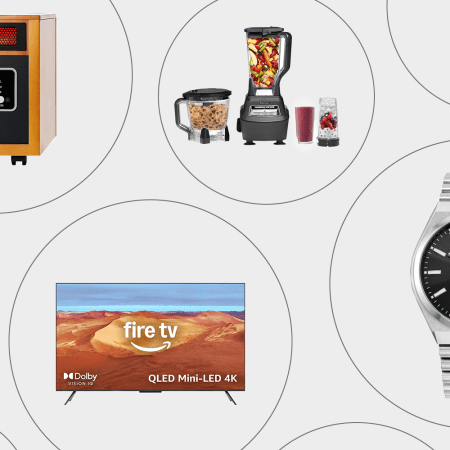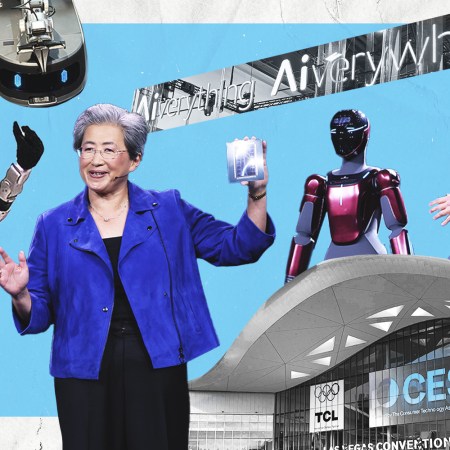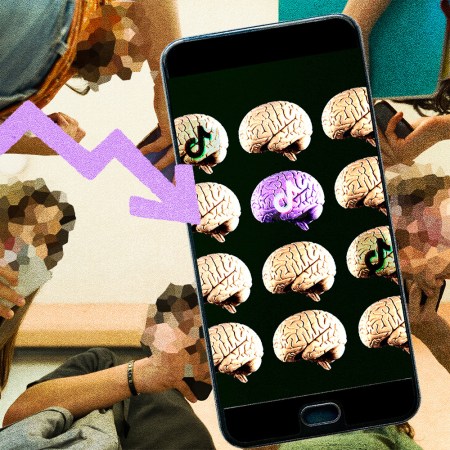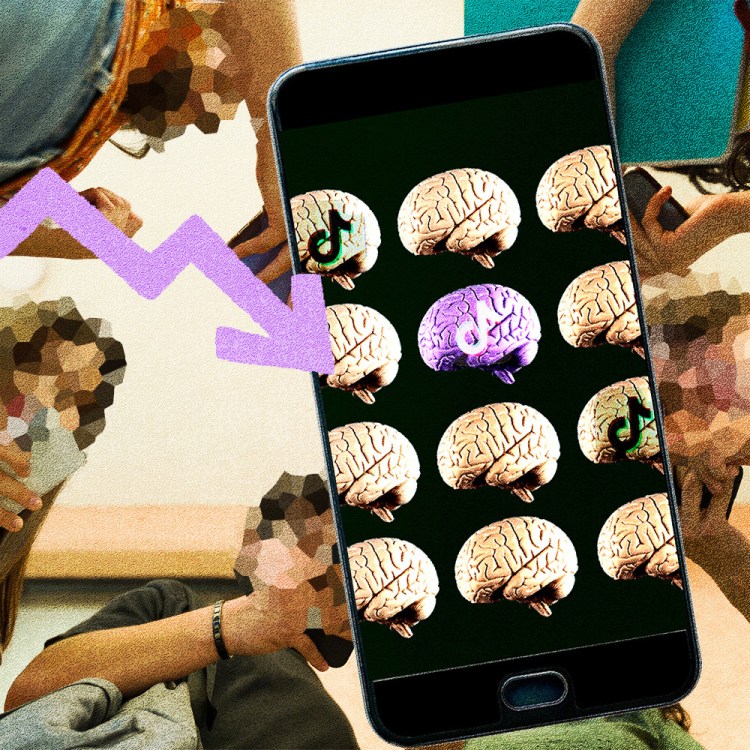I’ve always been a bit iffy on using my face to unlock my phone — the convenience is great (when you’re not masked) but I’m leery about facial recognition tech in general, which tends to be inaccurate and racist. At least with my phone, it’s a choice transaction and the tech is literally in my hands.
Mastercard, meanwhile, is all about bringing this tech out in the open. In a new pilot program, the company is launching a biometric system where you’ll be able to pay with a smile or a wave.
Here’s how the financial giant describes its Biometric Checkout Program: “As part of a global launch announced earlier today, the program represents a first-of-its-kind technology framework to help establish standards for new ways to pay at stores of all sizes, from major retailers to mom-and-pop shops. The program outlines a set of standards that banks, merchants and technology providers adhere to, helping to ensure the security and privacy of personal data when people pay biometrically. “
All good, right? Faster checkouts and it’s even more hygienic since you’re not touching keypads to complete your purchase. And people seem to want this: According to MasterCard, 74% of consumers have a positive attitude towards biometric technology.
Plus, participating in this program is optional: To use this smile/wave tech, you have to proactively register with a store or an app (one of the local companies utilizing this tech is called Payface, which seems regrettable).
But there are concerns. “Mastercard themselves have recognized the data and security concerns that come with the use of biometrics,” as Suzie Miles, a partner at law firm Ashfords, told The Guardian. “A password can be changed, your smile and wave can not. If biometric data is hacked then the risk of fraudulent activity could be considerably higher than current payment methods.” As well, Miles notes that as biometric payments become more common, the “use of such data is likely to evolve and it will inevitably become harder to protect individuals’ rights to privacy.”
Besides privacy and hacking concerns, the forced cheerfulness of this whole project seems like something you’d see in a dystopian movie like Brazil (coincidentally, these scanners are being launched in Sao Paulo, Brazil).
We can see why MasterCard wants to stake its claim on the contactless biometrics market; as the company notes, that sector is projected to reach nearly $19 billion by 2026.
The Best Amazon Deals of the Week
Our favorite steals this week range from KitchenAid mixers to Amazon Fire TVsThis Splurge Soundbar Is Worth Every Penny
Audiophiles rejoiceWhat Is a Life of Nonstop Ads Doing to Our Minds?
From the Belle Époque to today, advertisements have shifted from art to assault. How do we cope, or better yet, fight back?
Thanks for reading InsideHook. Sign up for our daily newsletter and be in the know.
